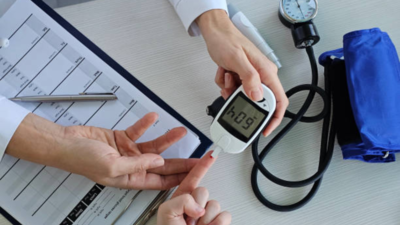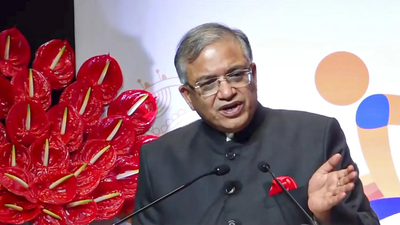Is diabetes one of the first symptoms of pancreatic cancer? |

When folks hear about pancreatic cancer, it’s not always clear what the earliest warning signs might look like. For a disease that’s so tough to catch early, there’s growing chatter in both the research and medical communities about whether new-onset diabetes that is, suddenly developing diabetes as an adult could actually be an early symptom of pancreatic cancer. First, here’s the big picture: it’s well established that people with diabetes have a higher risk of developing pancreatic cancer than those without diabetes. But the relationship is complicated. Diabetes isn’t just a risk factor sometimes, it may actually be a symptom that appears before a person is ever diagnosed with cancer.Studies backed by the National Institutes of Health (NIH) and other U.S. agencies show that diabetes can serve as both a risk factor and, intriguingly, as a result of pancreatic cancer. Here’s how:Longstanding diabetes (type 2) does increase your risk of pancreatic cancer modestly, likely due to long-term effects of high blood sugar and chronic inflammation in the body.New-onset diabetes, especially in folks over age 50 with no clear reason for their sudden diabetes, can sometimes be caused by a small, undetected tumor in the pancreas that messes with blood sugar levels.
Diabetes and pancreas: How common is this link?
Let’s keep this real: if you’ve been told you have diabetes recently, you probably don’t have pancreatic cancer. But the statistics are interesting:About 1 in 4 people diagnosed with pancreatic cancer had a diabetes diagnosis within the year or so before their cancer was found.For people over age 50 who suddenly develop diabetes, research suggests that around 1 in 100 will be diagnosed with pancreatic cancer within three years.So, while the vast majority of new diabetes cases are just diabetes, for a small fraction, it can be an early warning sign of something more serious.Researchers have found that pancreatic tumors, even when small and not causing other symptoms, can release interfere with the pancreas’s ability to manage blood sugar. This can lead to a rapid rise in blood sugar and, essentially, “cause” diabetes in someone who’s never had it before. Sometimes, these changes occur before the cancer is visible on a scan or when other symptoms appear.
Diabetes and pancreatic cancer : Three key points to note
According to Anirban Maitra, M.B.B.S., of the University of Texas MD Anderson Cancer Center there are three factors that are commonly found in people with new onset diabetes with pancreatic cancer diagnosis. The first he said is age, the second is blood sugar levels that “tend to rise more rapidly in people whose diabetes is driven by a tumor.” And the third is weight loss. Normally with type 2 diabetes, people gain weight when they become diabetic. People whose diabetes is caused by pancreatic cancer can instead experience unexpected weight loss around the time of a diabetes diagnosis, he explains.
Pancreatic cancer: Other early symptoms to watch for
Diabetes isn’t the only sign doctors look for. Early symptoms of pancreatic cancer are pretty vague and can include:
- Unexplained weight loss
- Fatigue
- Loss of appetite
- Pain or discomfort in the upper belly
- Jaundice (yellowing of skin or eyes)
Often, these symptoms appear later, but for some people, a rapid-onset diabetes diagnosis is actually the first warning.
Pancreatic cancer in the US
This cancer is tough to catch early and has one of the highest death rates among major cancers in the U.S. It’s the third leading cause of cancer-related deaths after lung and colon cancers. Symptoms are often vague and can include weight loss, belly pain, back pain, and new diabetes. The 5-year survival rate is low, just around 13%, mainly because most cases are found late. For most Americans, a new diabetes diagnosis will not mean you have pancreatic cancer—most cases are caused by lifestyle, genetics, or other common issues. However, new diabetes diagnosed after age 50, with no clear cause, might be worth a conversation with your health provider about whether further tests are needed.If you, or someone you know, has developed diabetes recently and especially if you’re also noticing other unusual symptoms, don’t ignore it—talk to your doctor. Early investigation saves lives.




